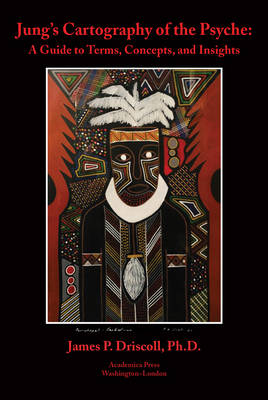
- Retrait gratuit dans votre magasin Club
- 7.000.000 titres dans notre catalogue
- Payer en toute sécurité
- Toujours un magasin près de chez vous
- Retrait gratuit dans votre magasin Club
- 7.000.0000 titres dans notre catalogue
- Payer en toute sécurité
- Toujours un magasin près de chez vous
Jung's Cartography of the Psyche
A Guide to Terms, Concepts, and Insights
James P DriscollDescription
Carl Jung was a great explorer and mapper of the unconscious realm that Sigmund Freud had discovered. Jung created a copious vocabulary of psychological terms and concepts that help us understand features of the psyche that were previously overlooked or difficult to define. Taken together, his terms and concepts offer a basic cartography of the human psyche. In contrast to clinically oriented Jungian glossaries, this work delineates the complex interrelationships of his ideas showing how they intermesh within a coherent system. It carries Jung's seminal insights to an array of subjects that have unfolded in surprising directions, including, for example, revolutionary ideas on the self, time, and the Godhead. The commentaries James P. Driscoll offers in Jung's Cartography of the Psyche are helpful for applying Jung to literature, philosophy, religion, the political domain, and other aspects of the human experience. They comprise an introduction and guide that demonstrates Jung's scope and depth as well as the rewards of studying him further.
Spécifications
Parties prenantes
- Auteur(s) :
- Editeur:
Contenu
- Nombre de pages :
- 248
- Langue:
- Anglais
Caractéristiques
- EAN:
- 9781680531411
- Date de parution :
- 01-09-20
- Format:
- Livre relié
- Format numérique:
- Genaaid
- Dimensions :
- 152 mm x 229 mm
- Poids :
- 331 g

Les avis
Nous publions uniquement les avis qui respectent les conditions requises. Consultez nos conditions pour les avis.






